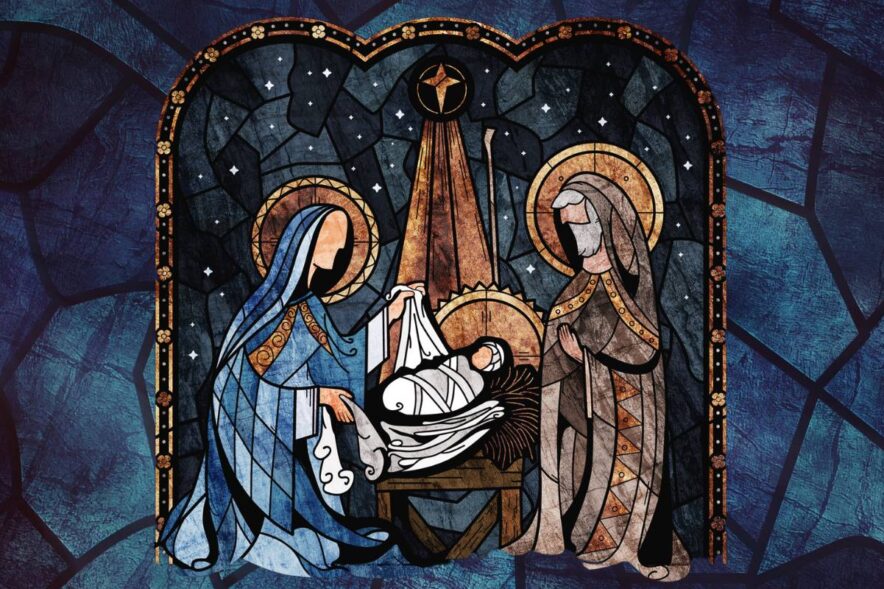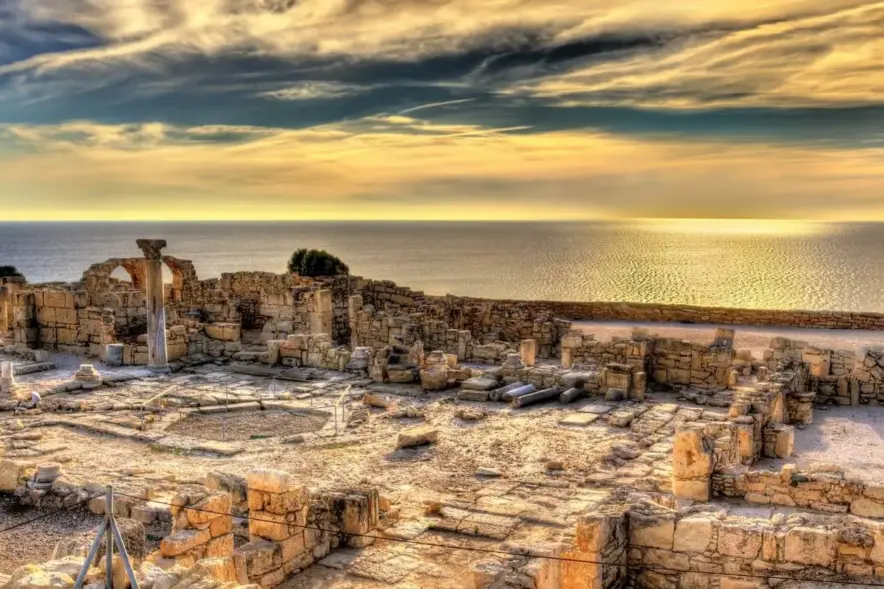Maybe you’ve been thinking you want to follow Jesus and become a Christian, but just aren’t sure how to...
Tag: christian
Showed 10 to 18 posts out of 45 total under "Tag: christian" category.
Christmas is a unique time of year. Traditionally, it’s seen as a season of joy, hope, celebration, and family—a...
“You can develop a healthy, robust community that lives right with God and enjoy its results only if you...
The ongoing conversation about the ‘role’ of women in the church, in marriage, and in society is not new....
New Testament holiness is a joyous privilege, not a heavy burden and duty.
There are many crossings a human will make in a lifetime. Our introduction to life is just the first.
In the beginning, the Word already existed. The Word was with God, and the Word was God. He existed...
Right from the beginning the church was flawed, as Jesus always knew she would be, and she has been...











